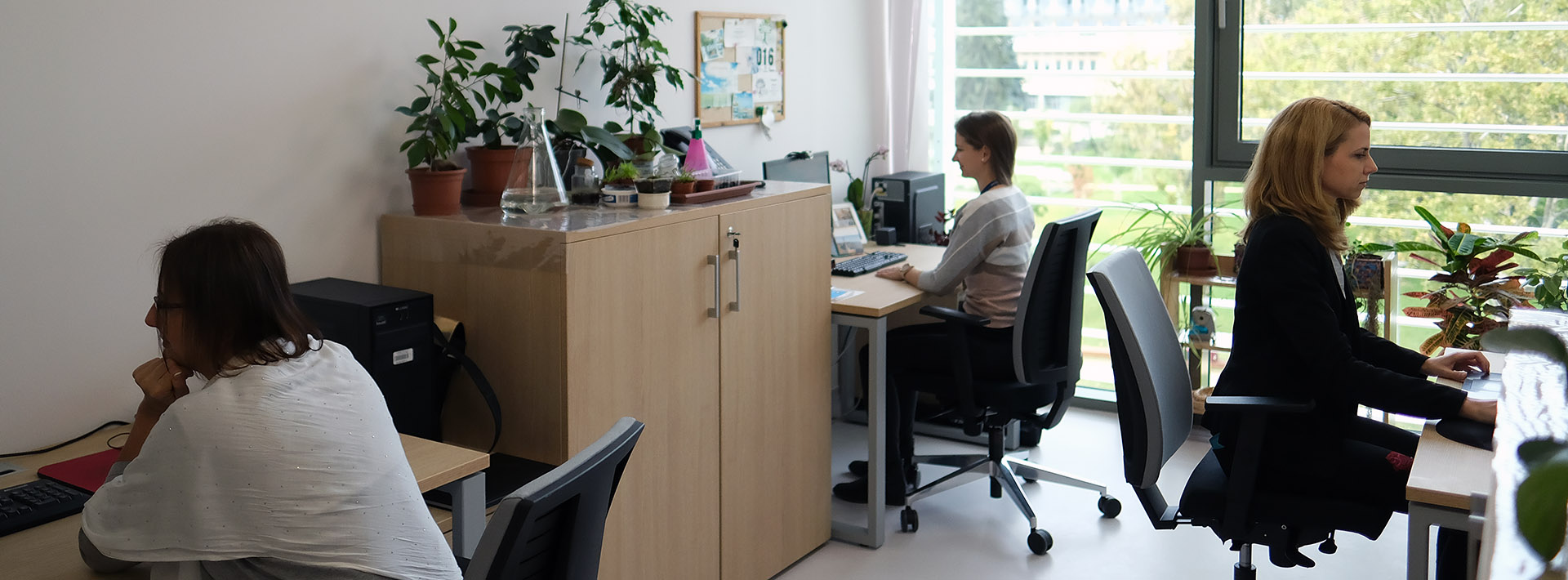Data
Official data in SubjectManager for the following academic year: 2023-2024
Course director
-
Dr. Luca JÁROMI
assistant professor,
Department of Public Health Medicine -
Number of hours/semester
lectures: 12 hours
practices: 0 hours
seminars: 0 hours
total of: 12 hours
Subject data
- Code of subject: OBF-AMV-T
- 1 kredit
- Biotechnology MSc
- Optional modul
- autumn
-
Course headcount limitations
min. 5 – max. 50
Available as Campus course for 50 fő számára. Campus-karok: ÁOK
Topic
The aim of the course is to develop critical thinking and debating skills, focusing on the procedures of alternative medicine and the different solutions of traditional medicine, presented through case studies. At the end of the course, it will be the student's task to decide whether the use of alternative medicine is justified today, or whether it does not deserve a place in healing.
Alternative medicine is often called complementary medicine, complementary and alternative medicine (CAM), or non-mainstream medicine. The National Institute of Health (NIH) uses the terms complementary and integrative health and complementary health approaches. Traditional medicine is often called allopathic, traditional, conventional, mainstream, and Western medicine, to name a few. The term traditional is used often, but it also does not seem to be exact. Many alternative medical methods have been around for thousands of years, while many conventional ones have been around much less than a century. The NIH defines alternative medicine as non-mainstream practices that are used in place of conventional ones. Complementary or integrative approaches are becoming more common. They bring traditional and non-traditional practices together.
Alternative therapies may differ, but they all seem to share these features:
• Empowering people to take active roles for their own health
• Focusing on healthy habits, such as diet, activity, getting enough rest, and emotional and spiritual balance
• Focusing on the whole person instead of a person as a series of parts
• Lowering disease and supporting health.
Lectures
- 1. Introduction: definitions - Dr. Járomi Luca
- 2. Heart diseases, Vascular disorders - Dr. Járomi Luca
- 3. Respiratory diseases, asthma, allergy - Dr. Járomi Luca
- 4. Digestive problems, Gastrointestinal mucosa inflammation - Dr. Járomi Luca
- 5. Diseases of sensory organs, eye diseases, ear diseases - Dr. Járomi Luca
- 6. Liver diseases, Bile dysfunction - Dr. Járomi Luca
- 7. Diseases of excretory organs - Dr. Járomi Luca
- 8. Joint problems - Dr. Járomi Luca
- 9. Pancreas disorder, diabetes - Dr. Járomi Luca
- 10. Interactive lecture: consequences, discussion - Dr. Járomi Luca
- 11. Summary - Dr. Járomi Luca
- 12. Test - Dr. Járomi Luca
Practices
Seminars
Reading material
Obligatory literature
Literature developed by the Department
PPT
Notes
PPT
Recommended literature
Mayo Clinic Book of Alternative Medicine, 2nd Edition (Updated and Expanded): Integrating the Best of Natural Therapies with Conventional Medicine
Fundamentals of complementary and alternative medicine ISBN: 9781455774074 , 1455774073
https://guides.lib.uw.edu/hsl/cam/case
Complementary and Alternative Medicine: A Case-Based Approach, ISBN 1639270469, 2022
Case Studies for Complementary Therapists: a collaborative approach 1st Edition by Kelly Galvin (Author), Madelaine Bishop (Author), ISBN-10: 0729539555
Conditions for acceptance of the semester
There are no other conditions.
Mid-term exams
Completion of 1 exam test at the end of the semester during the last, 24th hour, within the hour.
Making up for missed classes
In consultation with the instructor, it is possible to replace the lectures.
Exam topics/questions
1. Introduction: definitions
2. Heart diseases
3. Vascular disorders
4. Blood pressure problems
5. Cerebrovascular disorders
6. Respiratory diseases
7. Asthma
8. Allergy
9. Skin inflammation
10. Digestive problems
11. Gastrointestinal mucosa inflammation
12. Stomach ulcer
13. Intestinal inflammation
14. Diseases of sensory organs
15. Eye diseases
16. Ear diseases
17. Liver diseases
18. Bile dysfunction
19. Diseases of excretory organs
20. Joint problems
21. Pancreas disorder
22. Diabetes
23. Summary
